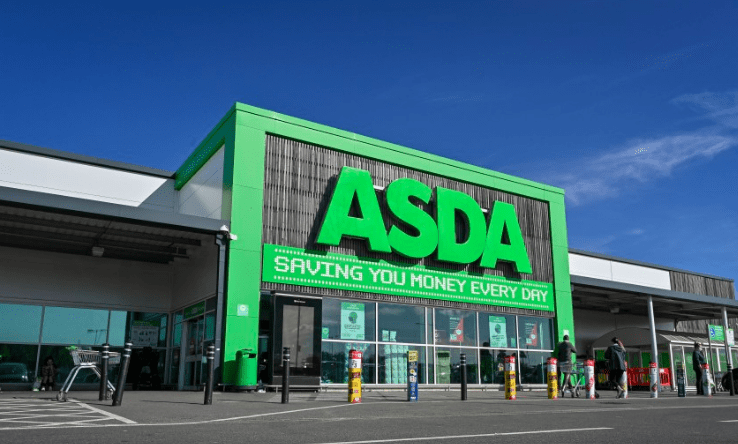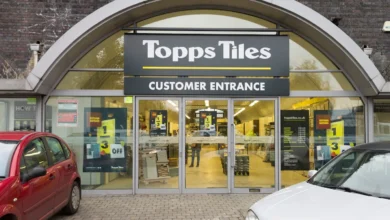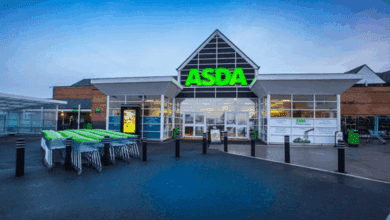Asda’s purchase of Co-op’s petrol stations could increase prices, CMA finds
The deal gives rise to a realistic prospect of a substantial lessening of competition and therefore higher prices faced by consumers

Register to get 1 free article
Reveal the article below by registering for our email newsletter.
Want unlimited access? View Plans
Already have an account? Sign in
The Competition and Markets Authority (CMA) has revealed that Asda’s acquisition of 132 petrol stations owned by Arthur Foodstores Limited could cause competition concerns in 13 UK locations.
Arthur is a special purpose transaction vehicle created by Co-operative Group Limited, the Co-op, to sell its 132 petrol stations, with attached grocery stores.
The first phase of the CMA’s investigation started in January after Asda’s takeover was finalised. The authority looked into a number of locations in which Asda and the Co-op sites that it acquired compete to provide fuel or groceries to customers.
Yesterday, the CMA concluded that the merger, Asda and Arthur, gives rise to a realistic prospect of a substantial lessening of competition in the retail supply of road fuel in 11 local areas as well as in the retail supply of groceries at mid-size stores in 3 local areas.
Therefore, the deal could lead to consumers and businesses in these areas facing higher prices or lower quality services when shopping or buying fuel.
Prior to the investigation, Asda informed the watchdog that competition concerns would not arise in these areas because the merger would enable Asda to bring its low-cost pricing model to more customers. But as the CMA’s investigation in this case focused on local areas in which the merging businesses currently compete for customers, competition concerns only arise in areas in which Asda is already an important option for customers.
Allowing Asda to acquire more sites in those areas, CMA argues, could leave it facing insufficient competition in the future and could therefore risk worse outcomes for customers.
The watchdog has also announced that the parties involved have until 21 March 2023 to address the competition concerns identified. In case of a lack of response, the case will be referred to a more in-depth phase 2 investigation.
Colin Raftery, CMA senior director of Mergers, said: “Groceries and fuel account for a large part of most household budgets. As living costs continue to rise, it’s particularly important that deals that reduce competition among groceries and fuel suppliers don’t make the situation worse.
“While competition concerns don’t arise in relation to the vast majority of the 132 sites bought by Asda, there’s a risk that customers could face higher prices or worse services in a small number of areas where Asda would face insufficient competition in either groceries or fuel after the deal goes through.”







